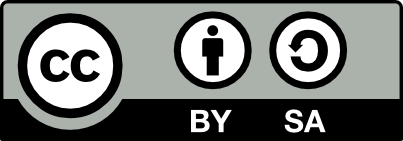The ICT4D Collective‘s (formerly the UNESCO Chair in ICT4D‘s) work package (WP9) within the MIDEQ Hub is explicitly intended to be an intervention package, using our research to facilitate migrants and tech developers to craft something together that will reduce the inequalities in the lives of migrants. Following our research since 2019 with colleagues in many of the Hub’s focus countries (our own work has been on/in Brazil, China, Ethiopia, Ghana, Haiti, Malaysia, Nepal, and South Africa – see our Working Papers and Policy Brief), we are focusing our intervention activities primarily in Nepal and South Africa. Working with migrants, tech developers, civil society organisations, international agencies, and our colleagues in MIDEQ we have identified differing context-specific needs in each country.
Some of the people with whom we have been working are illustrated in the group photos below (do scroll by clicking on the arrows)
Our work in Nepal is led by Prof “Hari” Haridranath and in South Africa by Dr. Maria Rosa Lorini, with Tim Unwin also assisting both of them. In Nepal we are working together with our Nepali colleagues on crafting training resources for migrants in the safe, wise and secure use of digital tech, as well as developing an integrated portal to provide links to the many existing sources of information of relevance to migrants. In South Africa, we are also working with local organisations in supporting the safe, wise and secure use of digital tech by migrants, but focus especially on training them in the use of video production, so that they can share advice on using digital tech and also promote their own activities. In both countries we have been particularly keen to provide a means through which migrants can express their thoughts and ideas through their own voices, and share their feedback about our working relationships together as well as the impact that our work has had on their lives.
Full details of our outputs (in multiple locally-used languages) are available through the following links, which also provide access to all of the videos that have been created through our interventions:
- Nepal
- South Africa
To provide feedback or ask questions, do use our contact page
All of our work is made freely and openly avaiable through a Creative Commons – Attribution-ShareAlike CC BY-SA 4.0 International License https://creativecommons.org/licenses/by-sa/4.0/.

Page created 24 April 2023
Last updated 7 March 2024





